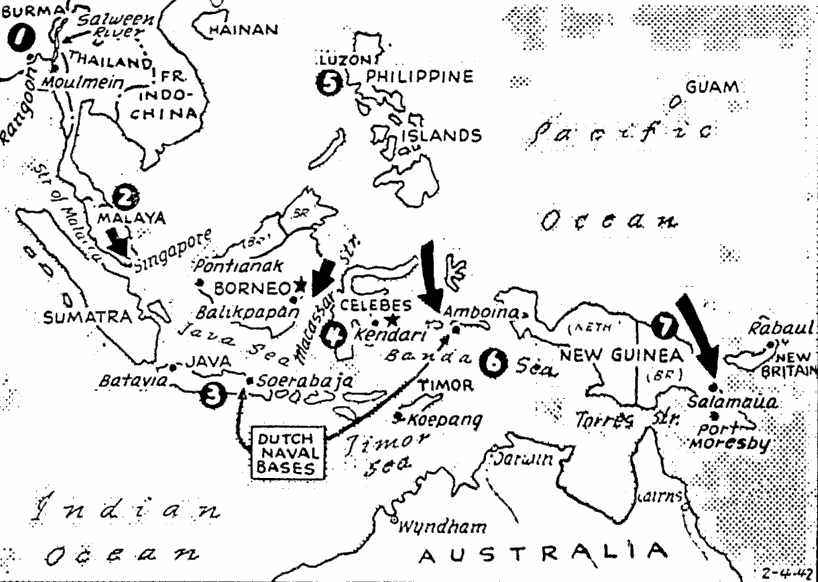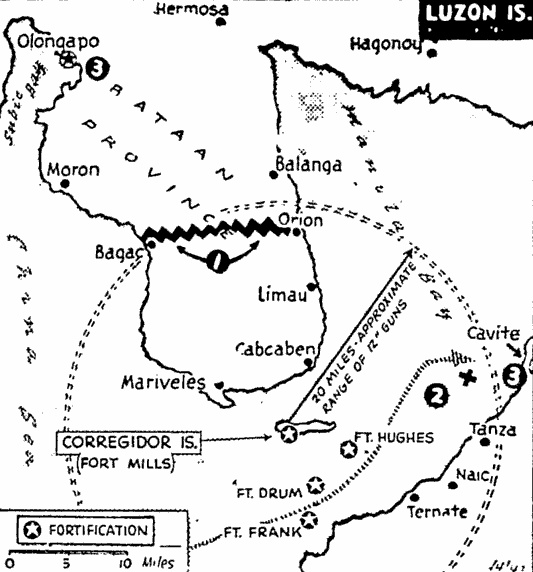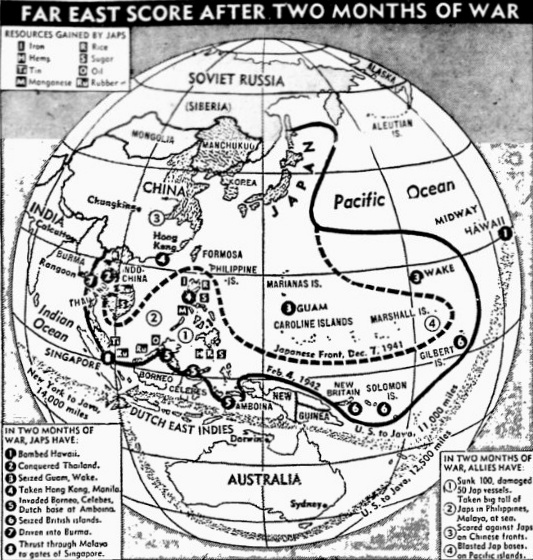The Pittsburgh Press (February 4, 1942)
Draft officials say –
If your wife can work, you may get call
Government would assist in partial support of dependents
Thousands of married men whose wives are capable of “working for a living” likely will be called into the Army after Congress enacts a government “relief bill” for draft dependents. Selective Service officials announced today.
Although emphasizing that men with families would in all likelihood remain in Class 3-A for some, authorities in Washington pointed out that a bill already pending before Congress would free for service:
-
Men with wives who are partly supporting themselves or who are physically able to get jobs and support themselves with government aid.
-
Men, both married and unmarried, whose dependents could support themselves with their own income, plus a maximum of $30 a month from the government and the soldier under a joint relief plan.
-
Men supporting parents or relatives who could get along on a reduced income.
-
Men who might hold deferments on the basis of court-ordered alimony payments.
Hits many in area
The plan, which Brig. Gen. Lewis B. Hershey, national draft chief, outlined to a House investigating committee late yesterday, would hit hard at the estimated 100,000 men now holding 3-A deferments in Allegheny County.
In Washington, however, draft officials reiterated that the bulk of the 3-A men – whether the law is passed or not – will probably not be touched this year because estimates show the Army can reach its goal of 3,600,000 by next Jan. 1 by calling up, first of all, the 1-A men in the present lists and those who will become available following the next registration Feb. 16.
New list to be called
That many of those between 20 and 44, inclusive, will be called to service soon after they register was indicated by General Hershey, who told the committee that men from this group:
…will be inducted in the near future.
Older men, he said, will be given “less physically exacting jobs” by the Army.
Orders have gone out to local boards here, it was revealed, to clean up their present lists of all 1-A men by April to be ready, to handle classification of the new registrants as soon as possible thereafter.
In order to “clear the decks” for this mass induction, State Selective Service headquarters at Harrisburg today advised local boards they need…



